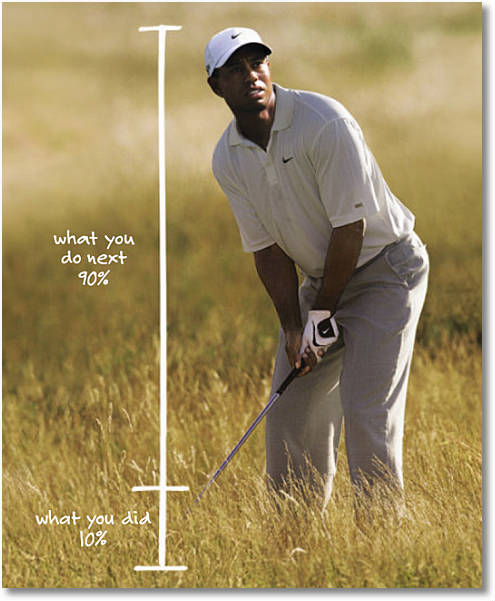One of those offers one cannot refuse.
I would like to make an offer of a Christmas present: unlimited helicopter transportation for him and his family, at no cost to him or the U.S. taxpayer, through the end of his reign.
Background: the U.S. military has spent the last 10 years or so trying to buy some replacement helicopters for presidential transport. They settled on a huge $30 million Eurocopter with three screaming jet engines that put out a big welcome mat for a cheap heat-seeking missile, such as the Stingers that U.S. tax dollars purchased for the Taliban during the 1980s. By the time our military and Lockheed Martin added some anti-missile defenses and some U.S. manufacturing, the cost of each 14-passenger helicopter went up to about $400 million, far in excess of what airlines pay for the 853-passenger Airbus A-380. The program was shut down, in theory, but recently Congress authorized a $100 million gift to Lockheed Martin to keep the program alive (source). Does the U.S. really need to spend $15 billion on a handful of helicopters that will be used mostly for 10-minute hops? And should we buy helicopters that are so heavy that it will require several C-5 cargo planes to get them to foreign destinations (the president of the U.S. always travels with his own helicopters rather than borrowing local ones)?
Running the existing helicopter fleet is not cheap. There are literally 800 pilots, mechanics, and administrators, all paid federal salaries and pensions that are more than double their private-sector counterparts (source). Jet fuel is purchased in prodigious quantities.
I happen to own two nearly brand-new four-seat Robinson R44 helicopters. Powered by efficient Lycoming piston engines, these burn less fuel in a 130 mph cruise than each Eurocopter engine would burn at idle. Currently we use these for flight training at East Coast Aero Club, but in the interest of sparing the taxpayer from further ruin, I would be willing to move them down to Washington, D.C. I will also move myself down and one or two additional instructor-pilots from East Coast Aero Club. All of us have more than 1000 hours of helicopter experience. All are U.S. citizens and one of us is an Army veteran (given the recent tragedy in Texas involving a continuously promoted and decorated Army officer, it may be necessary to clarify that, to the best of our knowledge, he was not simultaneously serving in the U.S. Army and waging jihad on behalf of Al-Qaeda).
Footnote: Phil Greenspun founded ArsDigita and teaches web application programming at MIT. He writes an entertaining blog.




